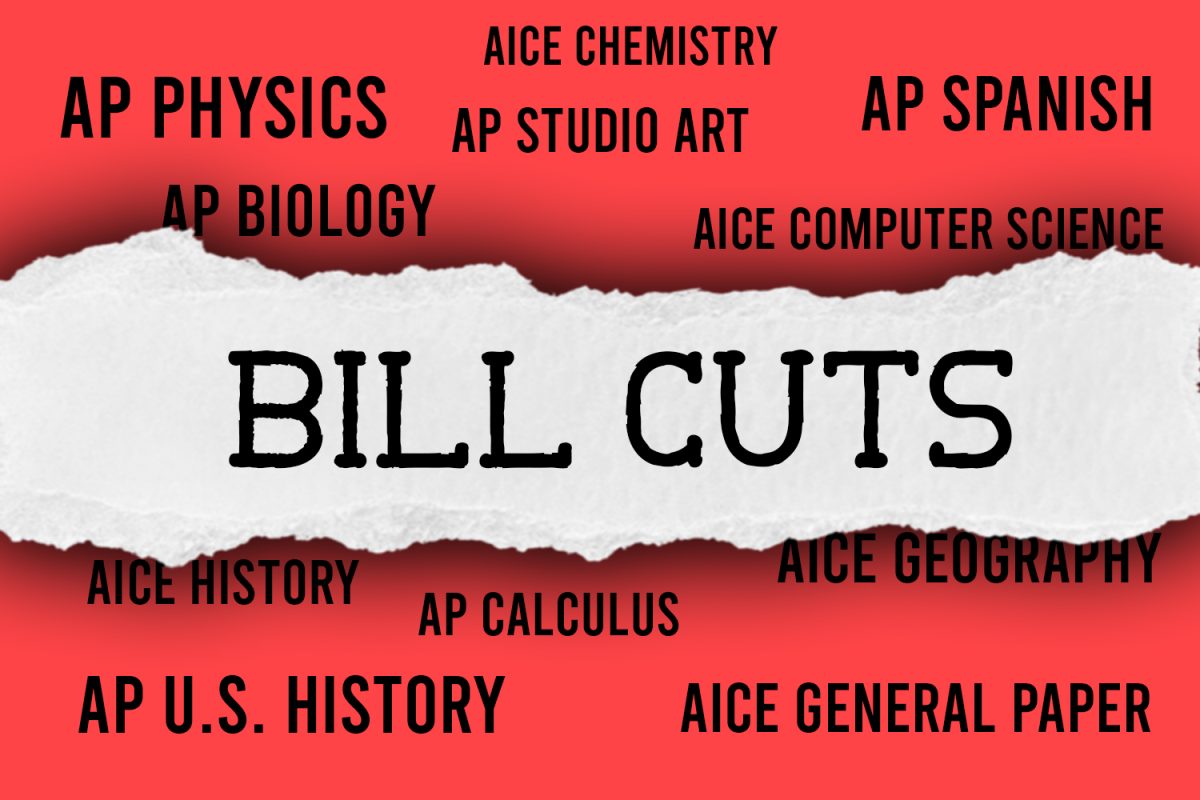Every year during the second quarter, students wait desperately for the holiday break to arrive, longing for an escape from their stressful misery. With assignments piling up and midterm week lingering, many students sit staring at the canvas page wondering how they’ll make it out of the second quarter alive. Think no longer because here are some of the best tips and tricks to get through the quarter successfully!
Stress Management
The relentless cycle of quizzes, assignments, tests, and homework can feel overwhelming during the second quarter. But don’t despair – the key to surviving this stressful period is to pace yourself. When faced with a mountain of work, it’s tempting just to try to “get it all done.”
However, taking the time to understand and retain the material thoroughly will pay off in the long run. Those assessments that once felt like a crushing burden will start to feel like light work as you build your knowledge and skills.
The secret is to adopt a mindset of steady progress over frantic rushing. Break down large tasks into manageable steps and celebrate small victories along the way. With discipline and focus, you can conquer this challenging quarter and emerge stronger than ever before. Remember, you have the power to transform stress into motivation – so embrace the grind and know that your hard work will pay off in the end.
Make a Calendar
While the temptation to simply count down the days until the next break is strong, resist the urge to slack off. This quarter is a critical time when every assignment can significantly impact your grades – for better or for worse.
The solution is simple: stay organized and on top of your tasks. Create a detailed calendar to keep track of deadlines, tests, and other important dates. Ms. Perez shared her tips with, “Do your homework, be organized, and time management are key.” Not only will these tactics help students get through the second quarter, but the entirety of the year. Set reminders on your devices to ensure you never miss an assignment. With a clear roadmap in place, you can avoid the last-minute scramble and instead focus your energy on truly mastering the material.
Maintaining this level of discipline may not be easy, but the payoff is immense. By staying proactive and organized, you’ll not only boost your grades but also develop invaluable time management skills that will serve you well throughout your academic and professional life. Embrace the challenge and watch your confidence and your GPA soar!
Evaluating Grades
Carefully review your grades on assignments, quizzes, and tests – not just the numbers, but the insights they provide. Where are you excelling? Where can you improve? This self-evaluation will help you identify your strengths and weaknesses, allowing you to adjust your study strategies accordingly.
When you identify your strengths, celebrate those victories! Build on your successes to fuel your motivation and confidence. When you pinpoint areas needing work, don’t see them as weaknesses, but as opportunities for growth. PPCHS Principal Bayer communicated, “Knowing where you need to put your efforts when it comes to midterms because you can opt out of some. Use that extra time to focus on the other class exams.” With a growth mindset, you can tackle those challenges head-on, adjusting your study strategies to shore up any gaps.
If you find yourself struggling in a particular subject or class, don’t be afraid to seek help. Reach out to your teacher or a tutor (the school offers many for example math = MuAlphaTheta!) to get the support you need.
Communicate
Studying for AP and AICE exams while balancing homework and extracurriculars can be a handful. It may lead to missing deadlines, and 0s in the grade book, however, there are ways to avoid taking damage to your grade. The majority of teachers will show mercy to struggling students during this season, as they also once experienced the high school midterm stress. Just send a quick email or discuss arrangements in class, and your teacher may grant you an extension.
Communication also applies to at-home scenarios. The Holiday season brings many family gatherings; thus, students may find themselves running out of time to get assignments done. Ms. Maycock proposed an example of this scenario, “If your mom said, ‘let’s go to your aunt’s house in Miami’ and now you’re like ‘well I didn’t study.’ Well, you have to communicate with your parents.”
With that, it is important to express your school situation to your parents, to ensure that your studying schedule aligns with the family events.









